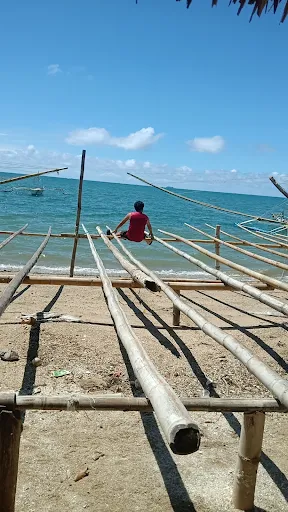While social media tactics in Philippine elections share similarities with those used globally, there are some distinct features that set them apart:
1. Emphasis on Personality over Policy:
- Philippines: Philippine elections often prioritize candidate personality and charisma over detailed policy platforms. Voters are more likely to be swayed by a candidate's image, perceived trustworthiness, and ability to connect on a personal level. [2]
- Other Countries: In many other countries, elections focus more on policy platforms and the candidate's track record on specific issues. Voters are more likely to evaluate candidates based on their positions on healthcare, education, economy, and other key concerns.
2. Prevalence of Disinformation and Troll Armies:
- Philippines: The Philippines has a particularly high prevalence of disinformation campaigns and "troll armies" during elections. These online groups spread false information, manipulate public opinion, and amplify negative narratives against opponents. [1][5]
- Other Countries: While disinformation is a growing concern globally, its prevalence and sophistication in Philippine elections are particularly pronounced. Other countries have implemented stricter regulations and fact-checking initiatives to combat this problem.
3. Influence of Family Dynasties and Patronage:
- Philippines: Family dynasties and patronage systems play a significant role in Philippine politics, influencing social media campaigns. Candidates often rely on their family name, connections, and existing networks to mobilize voters. [1]
- Other Countries: While family dynasties exist in some countries, their influence is less pronounced than in the Philippines. Other countries have implemented measures to limit the influence of money and patronage in elections.
4. Role of Entertainment and Celebrity:
- Philippines: Philippine elections often feature celebrities and entertainment personalities as candidates, leveraging their popularity and name recognition. Social media campaigns often incorporate entertainment elements to attract voters. [1]
- Other Countries: While celebrities sometimes run for office in other countries, their influence is generally less significant. Elections in other countries tend to focus more on traditional political figures and policy debates.
5. Limited Regulation and Enforcement:
- Philippines: The Philippines has limited regulations and enforcement mechanisms governing social media campaigns, making it challenging to combat disinformation and ensure fair elections. [3]
- Other Countries: Many countries have implemented stricter regulations and oversight mechanisms for social media platforms during elections, including rules regarding campaign finance, political advertising, and content moderation.
Conclusion:
While social media tactics in Philippine elections share some similarities with those used globally, the country's unique political landscape, including the emphasis on personality, the prevalence of disinformation, the influence of family dynasties, and the limited regulation of social media, create a distinct environment for online campaigning. This highlights the importance of understanding these specific characteristics when analyzing social media's role in Philippine elections.


Comments